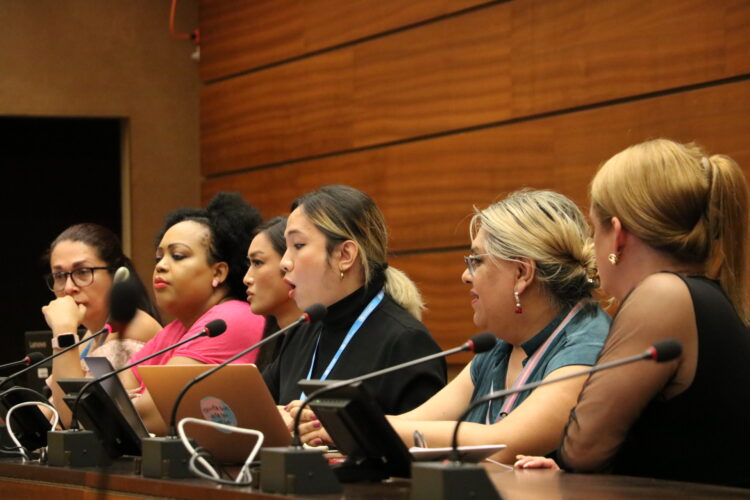UN Trans Advocacy Week is a collective project by six non-governmental organizations, offering trans activists a platform to make their voices heard on a global scale and in international human rights spaces. It’s a chance to bring attention to the challenges and discrimination faced by trans and gender diverse people and to promote equality, acceptance, and understanding.
Since 2017, Trans Advocacy Week has been bringing trans and gender diverse human rights defenders to Geneva, Switzerland, to take part in the UN Human Rights Council during the June/July session.
Who are the Organizers?
- Global Action for Trans Equality (GATE)
- Asia Pacific Transgender Network (APTN)
- East Africa Trans Health and Advocacy Network (EATHAN) (since 2023)
- TGEU: Transgender Europe & Central Asia
- ILGA World
- Swedish Federation for LGBTQ Rights (RFSL)
What is the UN Human Rights Council?
The council is made up of representatives from 47 member countries responsible for the promotion and protection of all human rights around the globe. These representatives meet regularly to discuss various topics related to human rights, such as freedom of speech, the right to education, and equality for all people. Find out more information on the UN Human Rights’s Council (OHCHR) website.
Why is this important for the trans movement?
Trans Advocacy Week is about helping participants enhance their understanding of international advocacy mechanisms. It provides a fundamental opportunity for trans and gender diverse community leaders to engage in international advocacy, delve into ways in which human rights defenders can engage with UN Treaty Bodies and Special Procedures, and interact with senior UN officials and Special Procedures mandate holders.
Participants are supported in enhancing their understanding of international advocacy mechanisms and identifying ways to strengthen their local advocacy through engaging and interacting with relevant UN bodies and mechanisms.





